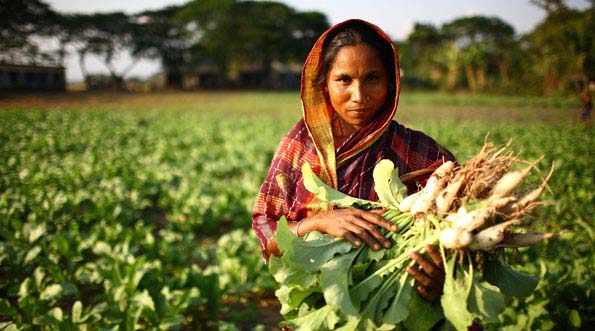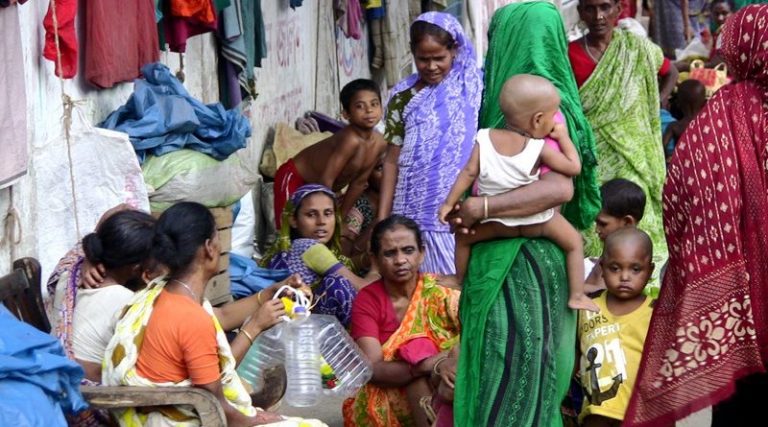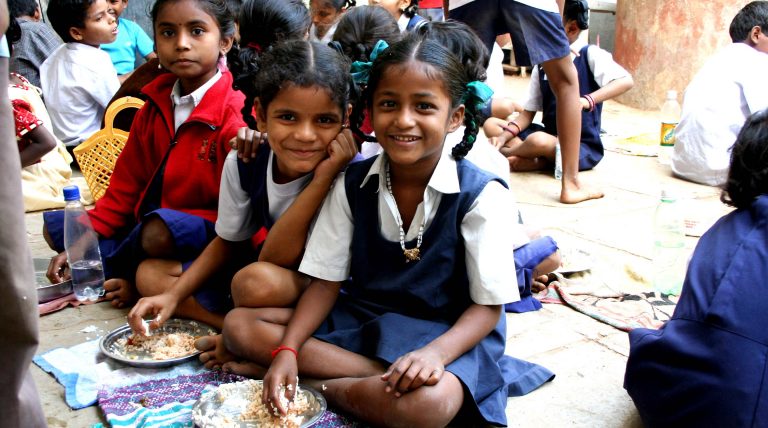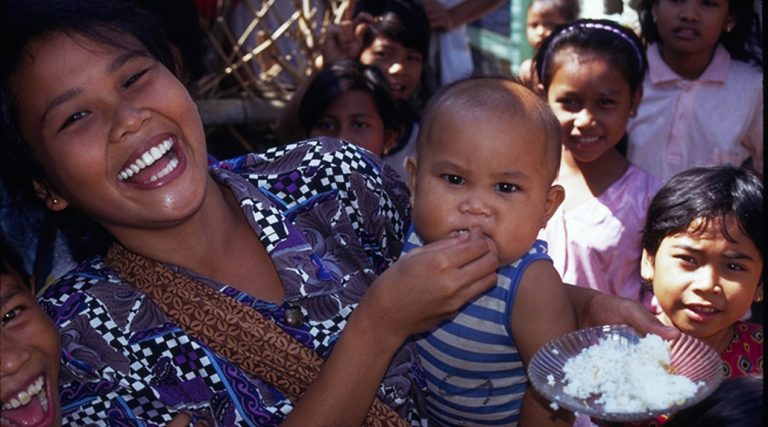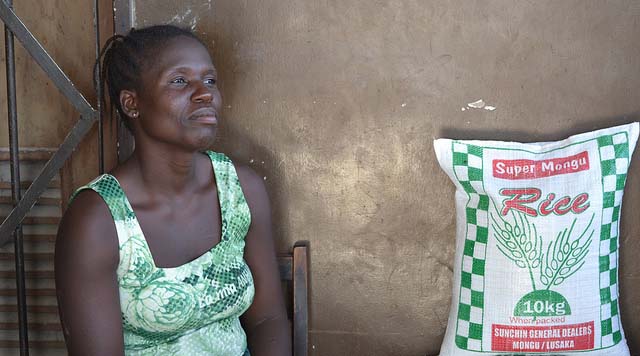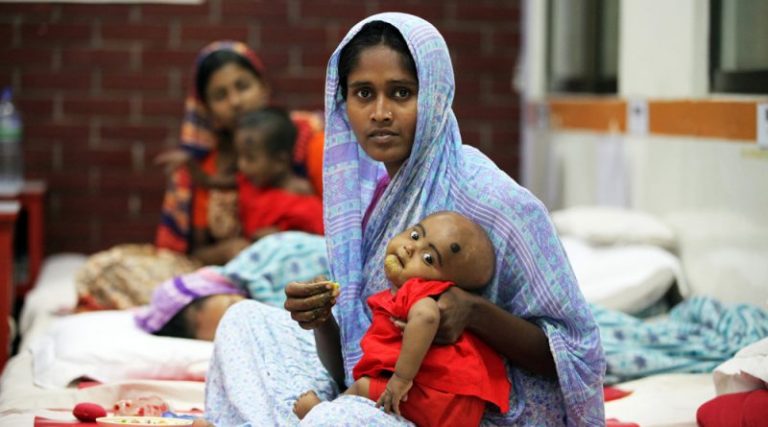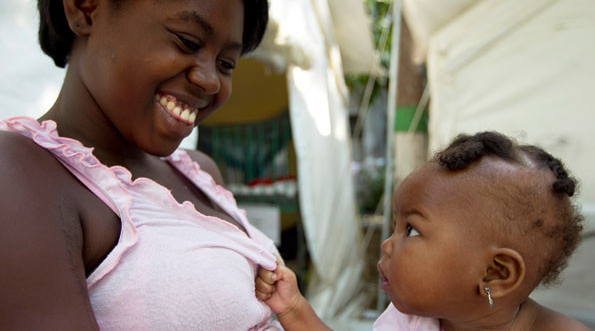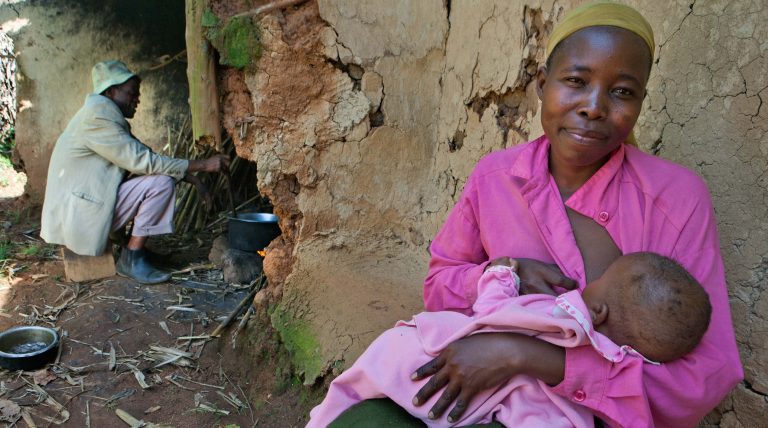Mixed Methods Report: Impact Evaluation of the DFID Programme to Accelerate Improved Nutrition for the Extreme Poor in Bangladesh
The United Kingdom’s Department for International Development's (DFID) Programme to Accelerate Improved Nutrition for the Extreme Poor in Bangladesh aims to improve nutrition outcomes for children, mothers and adolescent girls by…


